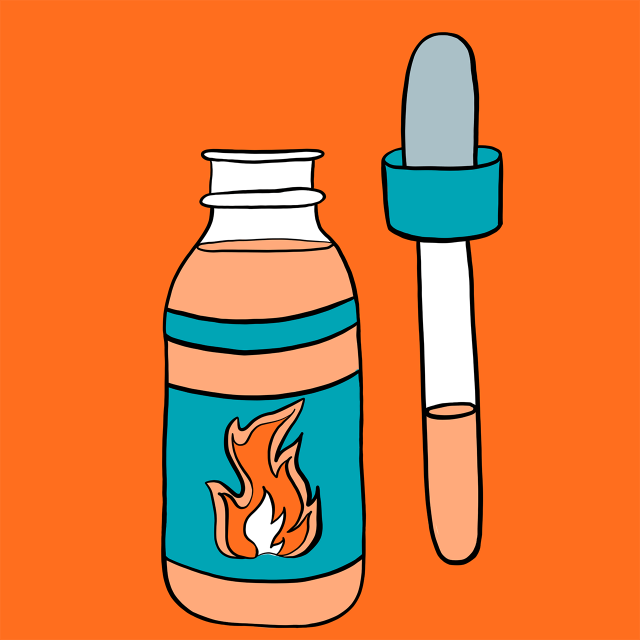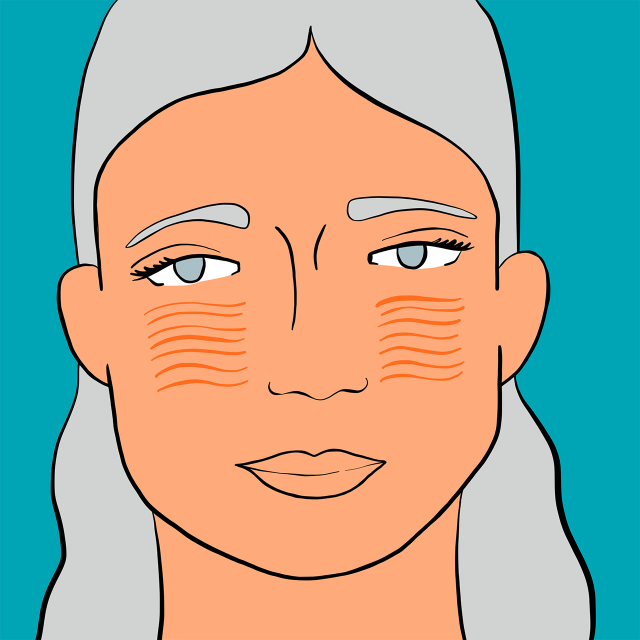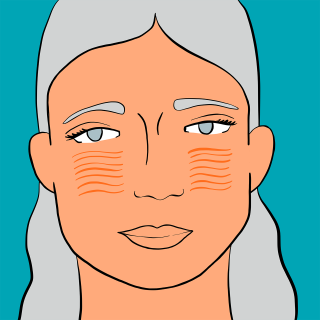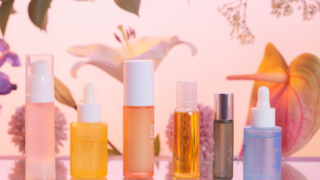What is skin inflammation?
Inflammatory skin conditions are the most common type of dermatological problems, and they’re what keep dermatologists busy. They could be as simple as dermatitis (which is the common term for any low-level, non-specific skin inflammation), eczema or acne, or could be something more complex like rosacea. Check out our pages on rosacea and acne for more information if you suspect you may suffer from either of these.
Why does skin get inflamed?
Aside from skin conditions such as dermatitis and eczema, there are many reasons why skin becomes inflamed. A large part of the problem is that the skin barrier, the outer layer of the skin which is made up of dead skin cells and bound together with protective lipids (fats) and natural moisturising factors can easily become disrupted. What upsets the skin barrier? Anything from the weather (too much wind or sun, for example), to washing in hot water, or using strongly fragranced products, or products that strip out the skin’s natural oils. When that happens, the skin becomes less good at holding on to moisture, and becomes dry and irritable, and it is more likely to become inflamed.
How to treat inflammatory skin conditions?
Advice on inflammatory skin conditions is generally beyond my remit as a non-medic, but I can give advice on non-medical skincare which helps to calm redness and inflammation in the skin – for example, redness of the sort that accompanies acne. See a dermatologist (or your GP, who can refer you) if you think you have an inflammatory skin condition that you would like help with that feels as though it is beyond the scope of this advice.
Can skincare help skin inflammation?
If your skin doesn’t necessarily suffer from a particular condition, but does just get inflamed and red very easily, skincare can definitely help. You may think that it’s easier to just avoid skincare altogether rather than run the risk of irritating your skin further with another product. However, there is plenty of specific skincare that can actively help with irritation – first by calming the skin down, and then by rebuilding the skin barrier so that it is more resilient and less likely to get irritated and inflamed.
How to get rid of inflamed skin?
There are lots of ways in which you can help calm down inflammation within the skin and many skincare products which can help you here.
Identify what is causing the problem
First off, I would suggest that you try to identify what has caused the problem so that you can stop using it (if it’s a product, for example something containing fragrance), or doing it (if it’s a process, such as taking hot showers).
If it’s acne, treat it appropriately
If the inflammation is related to acne, then cleansing or toning with a product containing BHA (salicylic acid) could be helpful, as this ingredient has anti-inflammatory effects and is a tried-and-tested acne-buster. Reducing the amount of acne you have will necessarily take down the amount of redness in your face. For more information about acne and treating it, check out the relevant pages on this site.
Improve your skin barrier to help sensitive, inflamed skin
However, if you have sensitive, inflamed skin, you probably just want to hydrate the skin (e.g. with a hyaluronic acid-based serum), improve the strength of the skin barrier (by using products that contain ceramides and other skin-friendly lipids) and protect the skin from ultraviolet rays with sunscreen. So while BHA can be helpful for bringing down the inflammation in conditions like acne or rosacea, if the skin is sensitive and inflamed, wait until the skin barrier is in better shape before you start using this ingredient.
What are the best products for sensitive, inflamed skin?
You could try using an anti-inflammatory serum. These tend to work through a combination of calming redness in the skin, hydrating it, and protecting and reinforcing the skin barrier. Moisturising with a calming fragrance-free moisturiser, or hydrating the skin (for example with a hyaluronic acid serum), will also certainly help inflamed and irritated skin, as this allows it to function better.
If you want more personalised advice, why not book in for a one-to-one skincare consultation with TTG’s skincare specialist Shanez.










 The Tweakments Chatbot
The Tweakments Chatbot